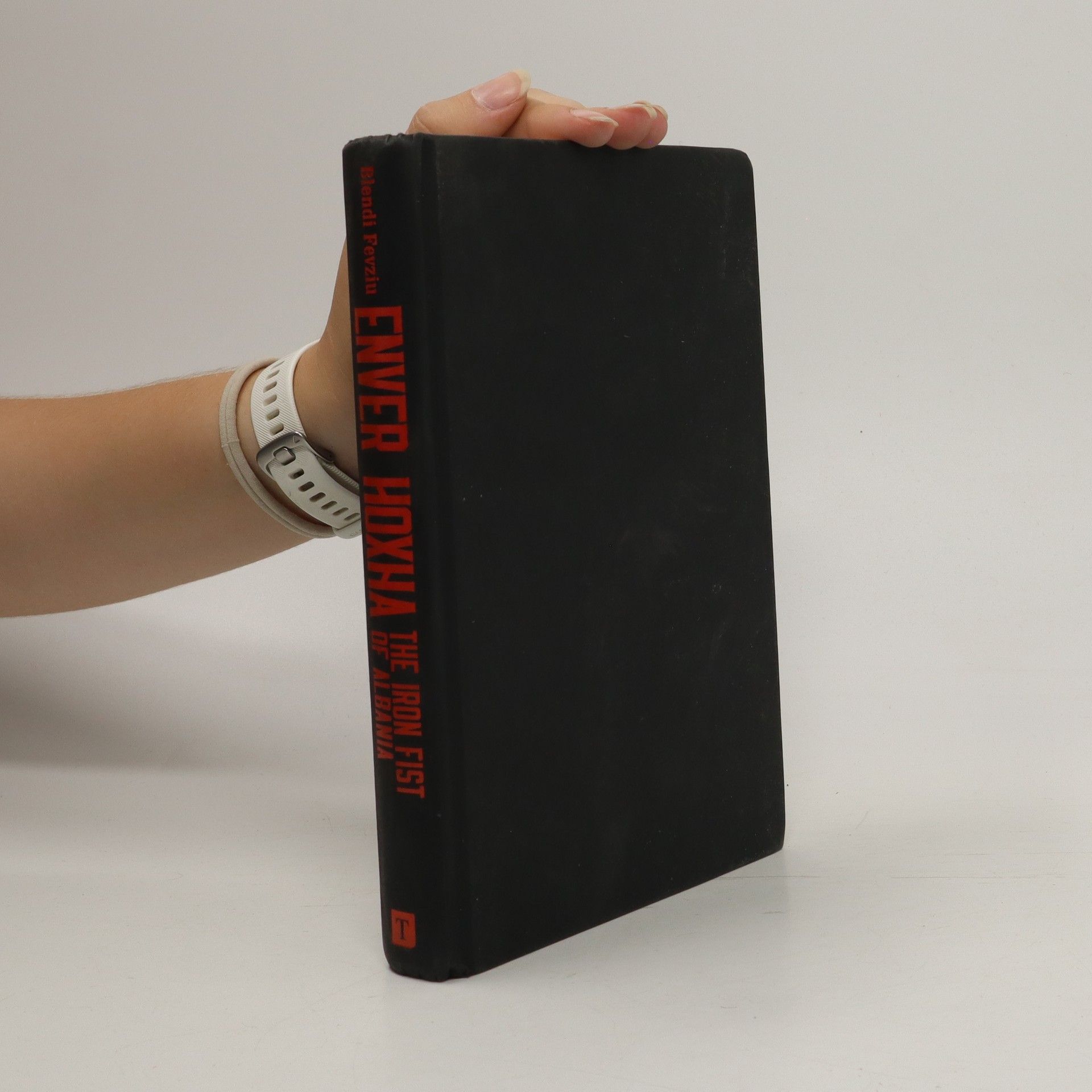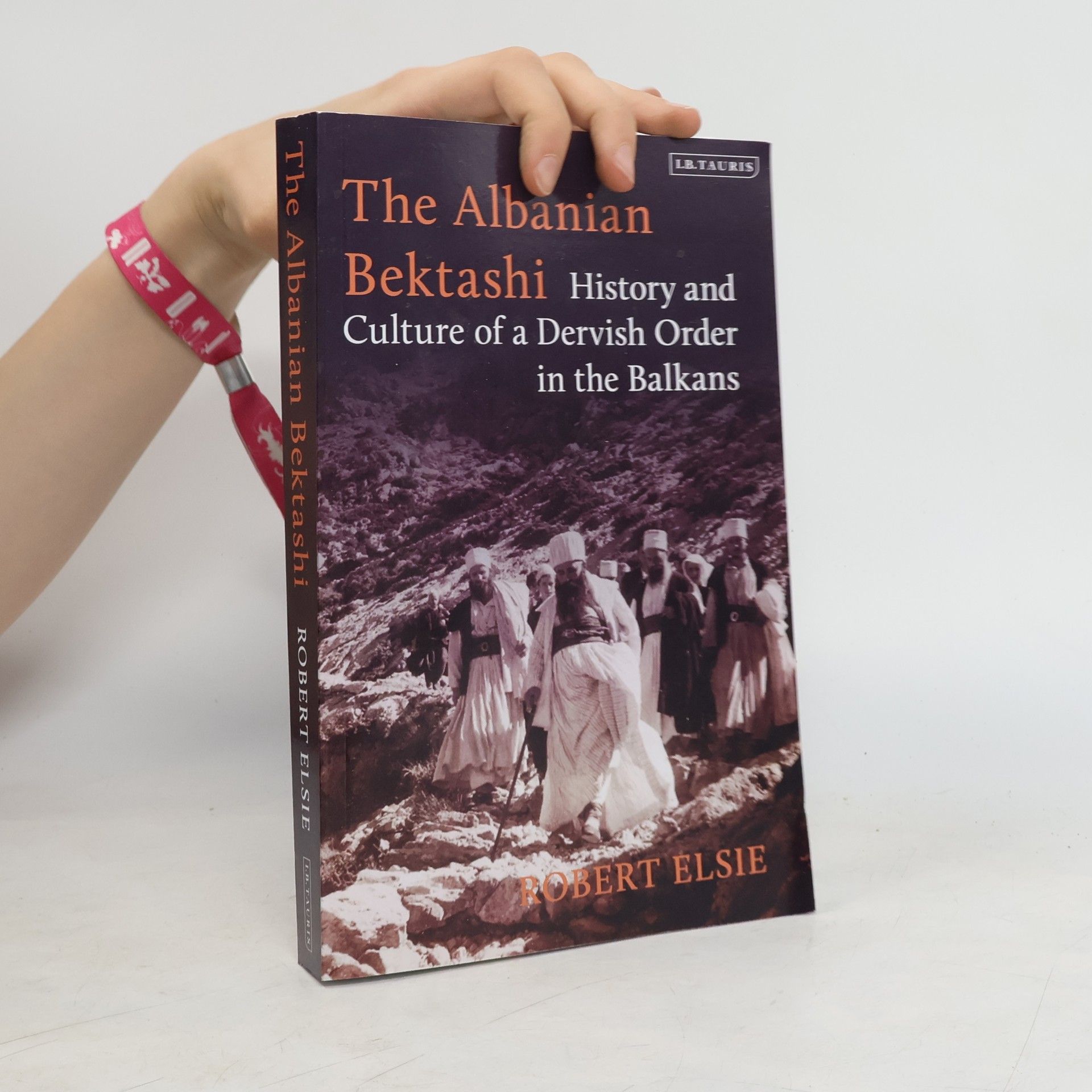The Dictionary of Albanian Religion, Mythology, and Folk Culture
- 224 Seiten
- 8 Lesestunden
In some senses, Albania is a living museum of the past. Originally a small herding community in the most inaccessible reaches of the Balkans, the presence of Albanians in southeastern Europe has been documented for over a thousand years. Albanian traditional folk culture, which evolved over centuries of relative isolation, is surprisingly rich. Yet despite recent events this culture remains little known to the Western world. Due to the lasting effects of a half century of Stalinist dictatorship, very few individuals even in Albania know much about their own popular traditions. The Dictionary of Albanian Religion, Mythology, and Folk Culture makes available for the first time a wealth of knowledge about Albanian popular belief and folk customs. Alphabetical entries shed light on blood feuding, figures of Albanian mythology, religious beliefs, communities, and sects, calendar feasts and rituals, and popular superstitions, as well as birth, marriage, and funeral customs, and sexual mores. This unique volume will stand as the standard reference work on the subject for years to come.


